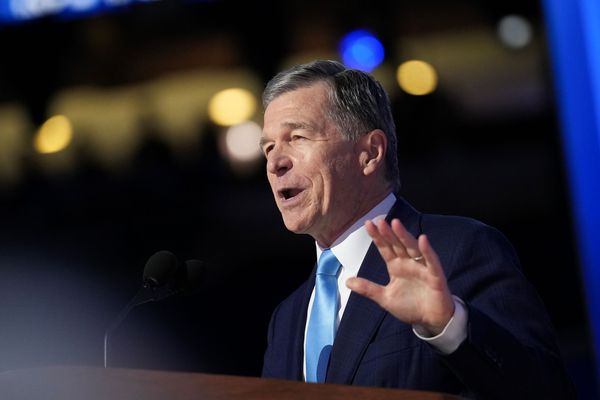WASHINGTON _ Only two ships carrying 766,000 barrels of crude oil from Venezuela arrived in the United States last week in the wake of debilitating oil sanctions lodged against the state-run oil company, PDVSA, according to investment bank Caracas Capital Markets, which tracks Venezuelan oil shipments.
Russian companies, meanwhile, sent nine ships carrying more 3 million barrels of crude oil and petroleum products, according to a review of the U.S. Bill of Ladings database by Caracas Capital.
That import data is clear evidence that Russia is profiting off the geopolitical battle, selling into the U.S. market while helping to prop up the Caracas leadership that Washington is aiming to replace, said Russ Dallen, a managing partner at the investment bank who advises U.S. officials on Venezuelan matters.
"The amazing thing is that Russia is replacing Venezuela in the U.S. markets," Dallen said. "They're taking advantage of the incompetence of Venezuela and expanding into the United States market."
In late January, the Trump administration slapped new sanctions on PDVSA in its latest effort to push out Venezuelan leader Nicolas Maduro and install new leadership under National Assembly chief Juan Guaido.
Venezuela's oil sector accounted for as much as 70 percent of the Maduro government's income.
The last time Russia sent more than 3 million barrels of oil to the United States was in 2011 before the U.S. imposed sanctions over Russia's annexation of Crimea.
Those sanctions, imposed in 2014, prevented U.S. companies from financing or send U.S. technology for the Russian industry. But they did not block the purchase of oil from Russia.
While U.S. refiners can continue to buy Venezuelan oil for the next couple months, any proceeds paid for the oil must be directed to a special account controlled by the U.S. Treasury.
Without a way to collect payment, Venezuelan oil executives have started to self-embargo oil exports to the United States.
"That is what the administration is hoping, to starve the regime of financial resources," said Eric Farnsworth, a former State Department official who is now a vice president of the Council of the Americas in Washington. "And the biggest fattest target there, essentially the only target, is oil exports and the U.S. has huge leverage there so that's why they implemented that sanction."
But Farnsworth warns that the administration has a limited window of time to take full advantage of the opportunity that the sanctions present. The longer Maduro is able to remain in power amid the sanctions, the more likely it is that Caracas will be able to find alternative buyers of its heavy crude oil.
Russia is seizing the opportunity in other ways, as well sending shipments of oil and oil products to Venezuela and Cuba.
Two large tankers _ the Serengeti and the Albiani _ carrying Russian oil products are currently on their way to Venezuela where they will unload diluents that are used to thin the tarlike heavy oil so that it can flow through more than 60 miles of pipelines from the Orinoco oil belt to the nation's coast, where it can be either upgraded or exported.
Venezuela is also looking to Russia to purchase high-grade crude oil to send directly to Cuba. Venezuela has long sent Cuba discounted oil in exchange for security services and doctors, teachers, engineers and other professionals provided by Havana.
"PDVSA hasn't been able to ship those barrels to Cuba because, one, most of the gasoline, diesel is now being consumed domestically," said Fernando Ferreira, a senior analyst at Rapidan Energy. "A lot of the PDVSA refining capacity is offline. They're consuming everything they can produce. They're actually importing more than what they can produce."
In just another example of how Venezuela is collaborating with Russia on energy, Venezuela's Vice President Delcy Rodriguez announced Friday that PDVSA would move its European headquarters to Moscow from Lisbon, Portugal, according to Russian press accounts.
Dallen said its only the latest example of how dependent the Caracas regime is on Russia.
"The Russians are the only ones who are willing to help them."







